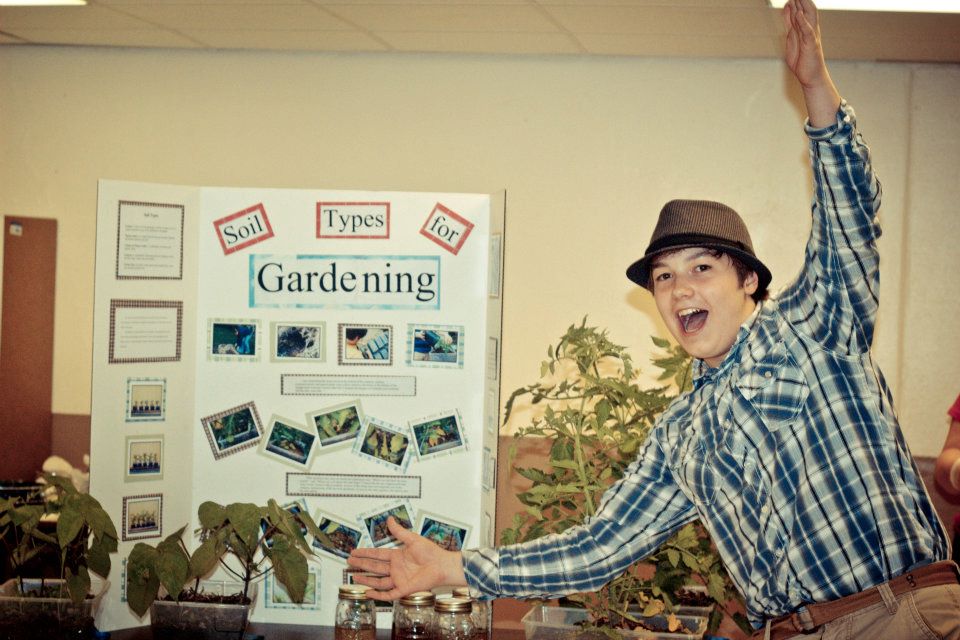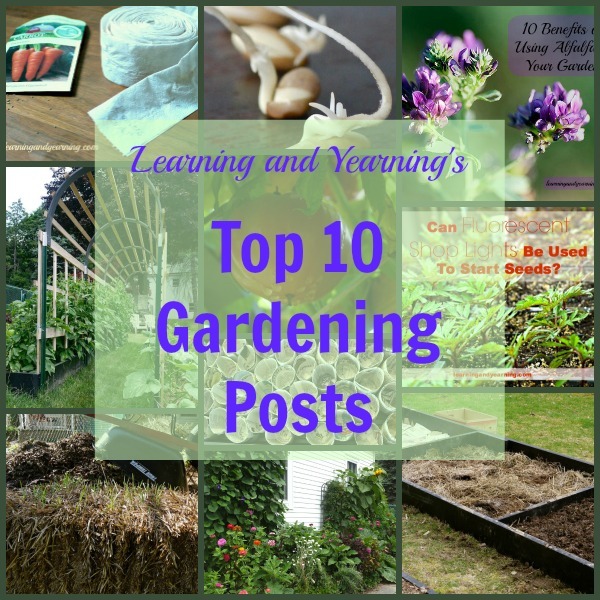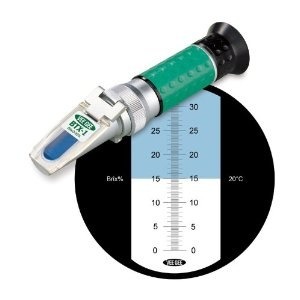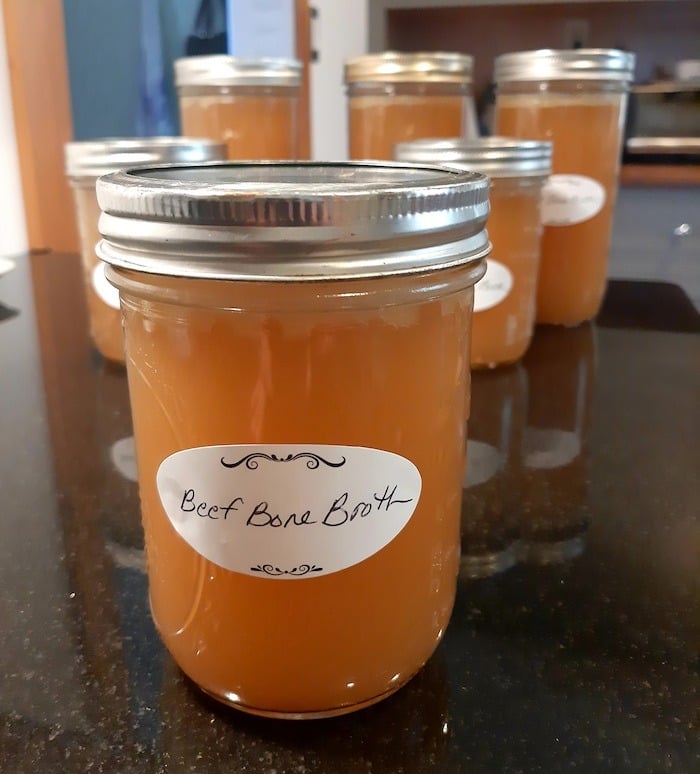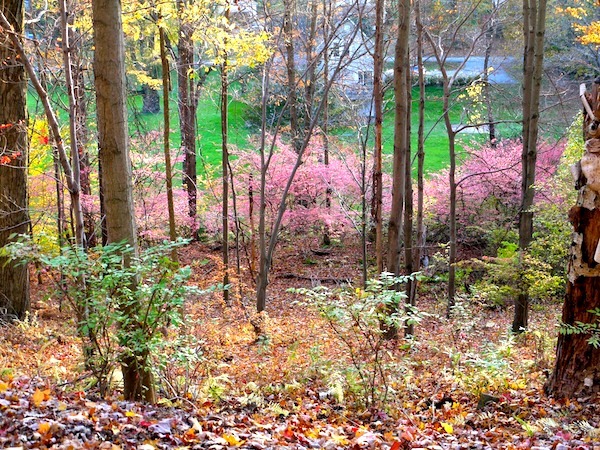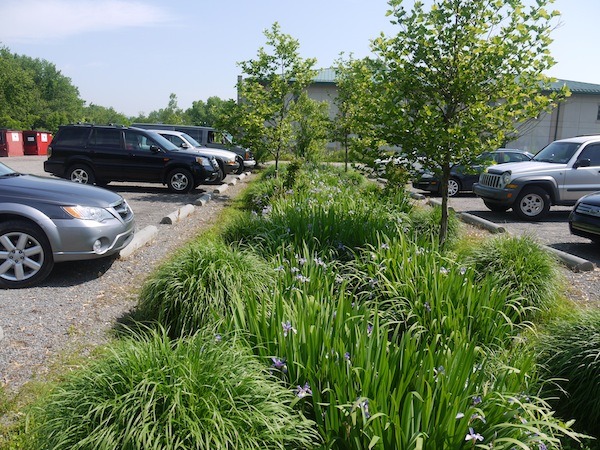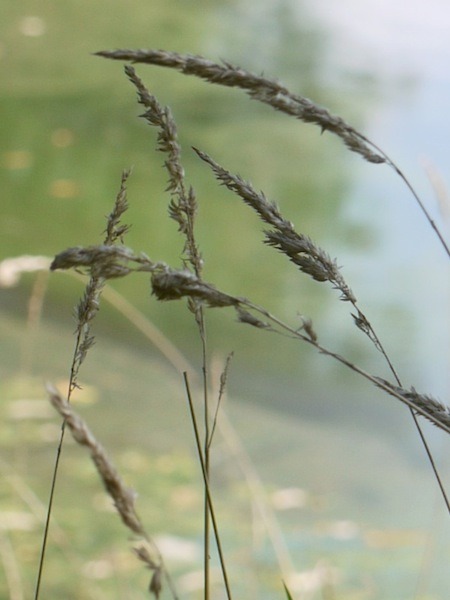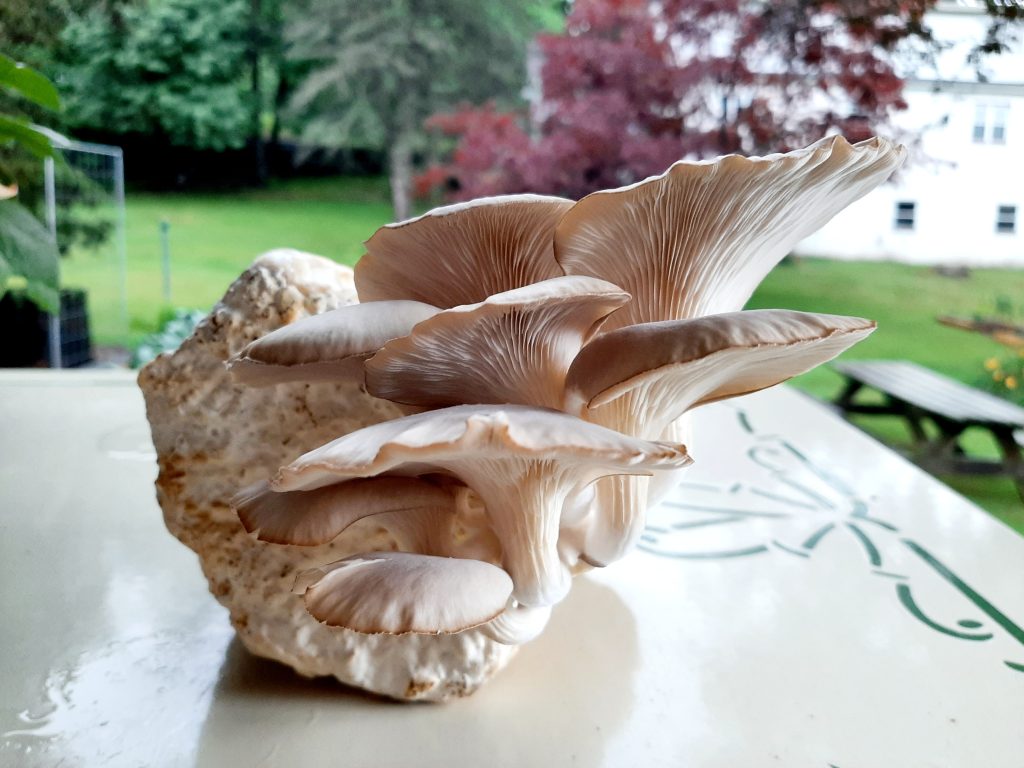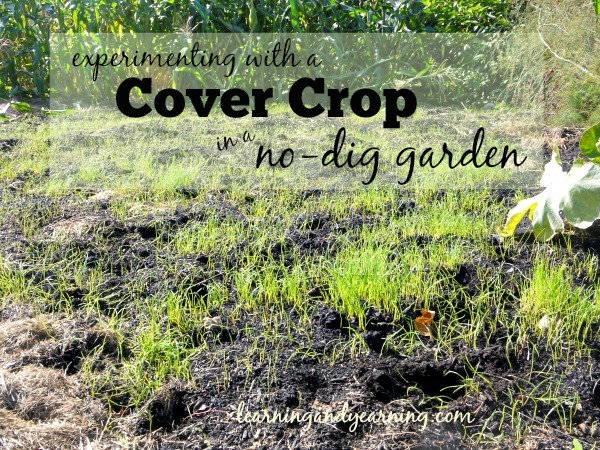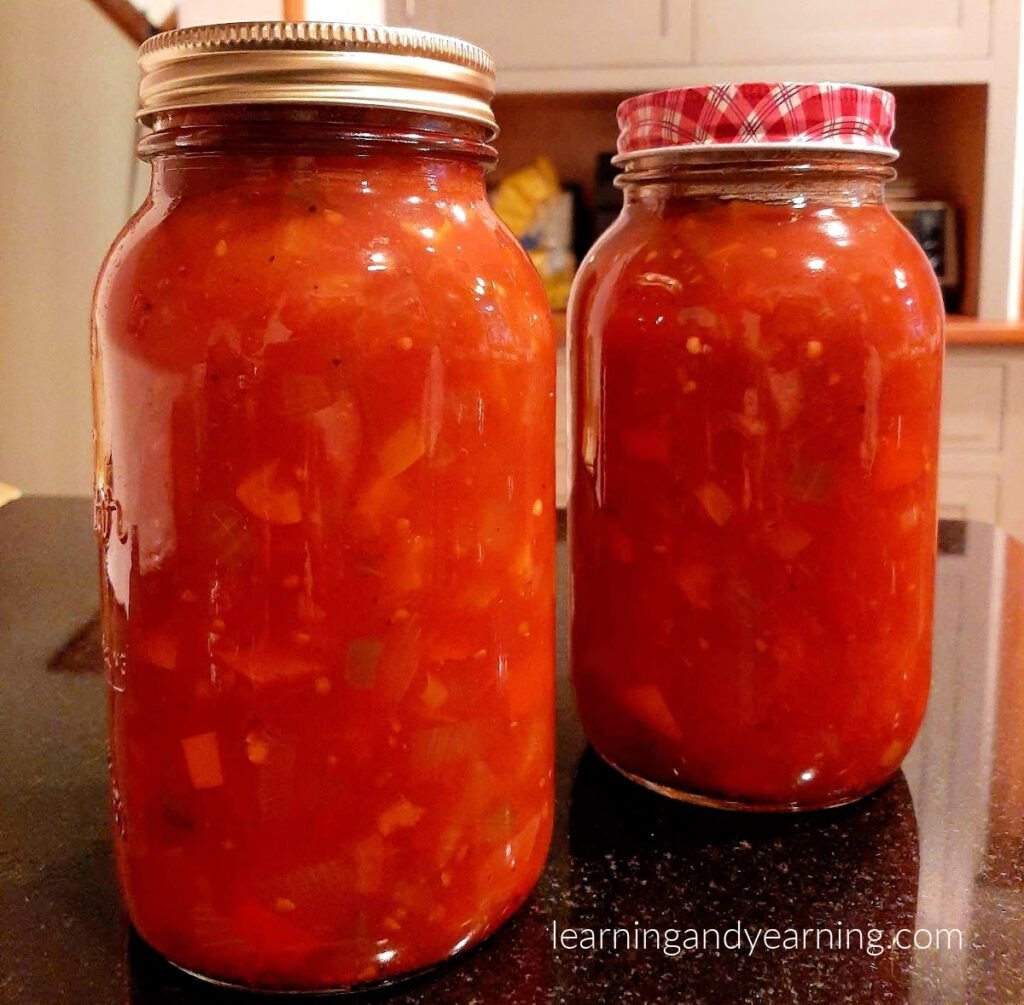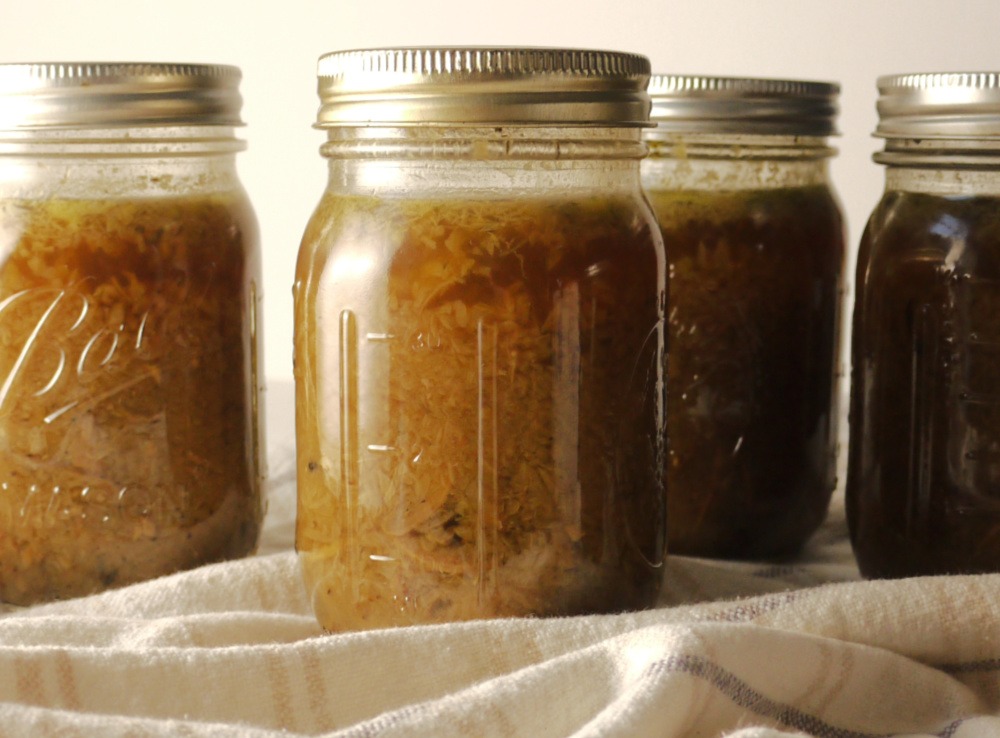
What is a Citizen Scientist
There are literally hundreds of research projects being conducted all over the world and scientists are looking for help from everyday citizens. Just a google search of “citizen scientist” will result in numerous opportunities to volunteer. Many of the projects are free to participate, although some require a fee on the part of the participant. Volunteers contribute observations on a particular subject such as birds, gardening, diet, or weather to a specific research project. The information the volunteer collects is sent to trained scientists who then analyze the information.
Opportunities to Become a Citizen Scientist
Here are just a few opportunities that I found particularly interesting:
Human Studies
-
-
- You know how important good bacteria is in your gut. But have you ever wondered exactly which bacteria are present in your body, and how that compares to others? American Gut wants to find out, too. Volunteers are needed to provide samples so that their gut microbes may be studied. You’ll also fill out a questionnaire regarding your eating habits, so that a connection between diet and gut health may be determined.
- The Baby Laughter Project studies how babies learn about the world. Studying early laughter in detail will throw new light on the workings of babies’ brains, as well as offering new insights into the uniquely human characteristic that is humor.

-
Flora Studies
-
-
-
- Help scientists to map invasive plant species. EDDMapS is a web-based system for documenting invasive species distribution. Users simply enter information from their observations into the on-line form, which allows specific information about the infestation and images to be added.
- Help track flower and fruit timing in the Appalachian Mountains. Appalachian Mountain Club scientists will compile and observe data. As this collection of information grows, it will be analyzed and used for public education, to raise media attention, and advocate for appropriate environmental policy to address climate change.
- Vegetable varieties investigation is a citizen science program designed to engage youth who interview gardeners about their opinions on vegetable varieties. The participants submit their findings to an online database that serves as a nation-wide online library of vegetable variety data. Contributing to this library supports science research for healthy farms and gardens. Findings reported by participants are used by gardeners, plant breeders, and horticulture researchers.

- Nature’s Notebook is a national, online program where amateur and professional naturalists regularly record seasonal changes in plants to generate long-term data sets used for scientific discovery and decision-making.
-
-
Fauna Studies
-
-
-
- The Monarch Larva Monitoring Project is a citizen science project involving volunteers from across the United States and Canada in monarch research. These volunteers collect data on larval monarch populations and milkweed habitat. The goal of the project is to better understand how and why monarch populations vary from year to year.

- Bee Hunt a great way to learn about bees and pollination. Your findings will help scientists to better understand and manage pollinators that are important in growing food and maintaining healthy natural ecosystems.
- If bird watching is more your thing, there are several opportunities available to help. Audubon needs volunteers to help with bird counts, and Cornell has a project that involves watching birds at your feeders.
- Across North America ladybug species distribution is changing. Over the past twenty years several native ladybugs that were once common have become rare, while ladybugs from other places have greatly increased both their numbers and range. This is happening very quickly and we don’t know how, or why, or what impact it will have on ladybug diversity or the role that ladybugs play in keeping plant-feeding insect populations low. Join Lost Ladybug Project in finding out where all the ladybugs have gone so we can try to prevent more native species from becoming so rare.
- Nature’s Notebook is a national, online program where amateur and professional naturalists regularly record seasonal changes in animals to generate long-term data sets used for scientific discovery and decision-making.
- The Monarch Larva Monitoring Project is a citizen science project involving volunteers from across the United States and Canada in monarch research. These volunteers collect data on larval monarch populations and milkweed habitat. The goal of the project is to better understand how and why monarch populations vary from year to year.
-
-
Weather
-
-
-
- The National Weather Service Cooperative Observer Program is a network of more than 11,000 volunteers who take observations on farms, in urban and suburban areas, National Parks, seashores, and mountaintops.

- The National Weather Service Cooperative Observer Program is a network of more than 11,000 volunteers who take observations on farms, in urban and suburban areas, National Parks, seashores, and mountaintops.
-
-
Water
-
-
-
- World Water Monitoring Challenge builds public awareness and involvement in protecting water resources around the world by engaging citizens to conduct basic monitoring of their local water bodies. You can help test the quality of your waterways, share your findings, and protect a very precious resource!
-
-
Have you every participated in research as a Citizen Scientist? Was it a good experience?
